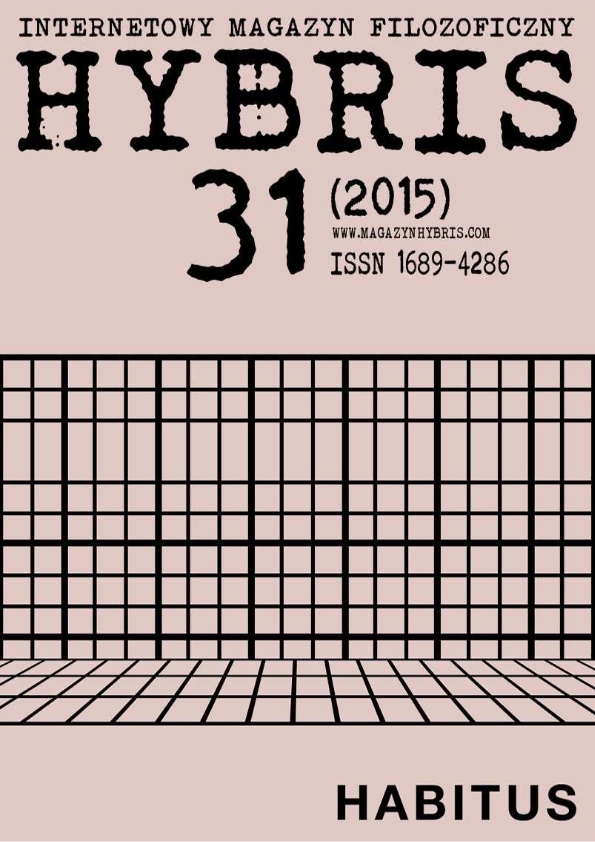EPISTEMICZNA FUNKCJA HABITUALNOŚCI: ELEMENTY FENOMENOLOGII POZNANIA ZAWODNEGO
EPISTEMIC FUNCTION OF HABITUALITIES: ELEMENTS OF PHENOMENOLOGY OF FALLIBLE COGNITION
Author(s): Witold PłotkaSubject(s): Epistemology, Philosophy of Mind, Cognitive Psychology, Phenomenology
Published by: Wydawnictwo Uniwersytetu Łódzkiego
Keywords: habituality; fallible knowledge; situatedness; horizon; Husserl;
Summary/Abstract: The article analyses the phenomenon of fallible knowledge as knowledge constituted in inadequate way of givenness. The key concept in this context is habituality, i.e., passive structure of consciousness that co-constitutes the object of cognition. It is argued that habitual moment of consciousness contextualizes cognition of unknown objects by presenting them as typical for a subject in a certain cognitive relation. One can describe this phenomenon by referring to the broad notion of horizon. As the author claims, phenomenology of fallible knowledge presents human cognition as defined by horizons, so as essentially “open.” The descriptions enables one to understand phenomena of cognitive situatedness of a subject and of embodied exploration of the world by the lived body.
Journal: Internetowy Magazyn Filozoficzny HYBRIS
- Issue Year: 2015
- Issue No: 31
- Page Range: 58-76
- Page Count: 19
- Language: Polish

